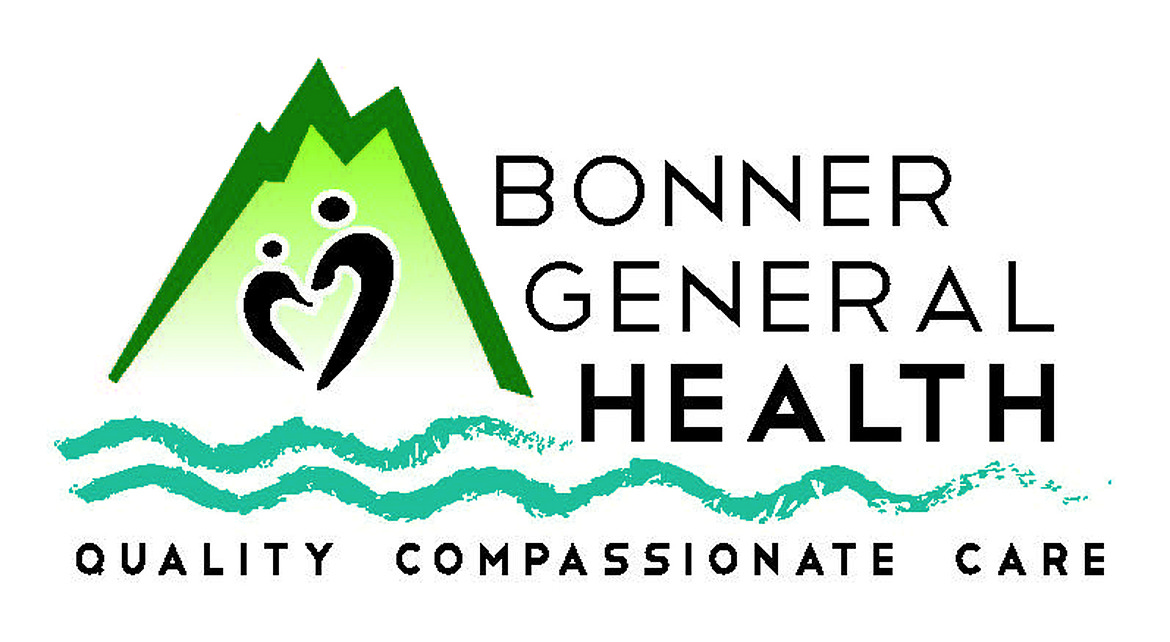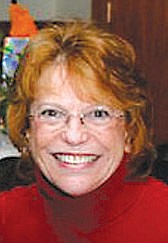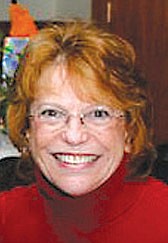Let’s celebrate Doctors’ Day by looking at the career
This isn’t the first time I’ve told you about Eudora Brown Almond. As a matter of fact, I think I’ve referred to her as a nutcase (almond, get it?) because she, the wife of a doctor, decided in 1933 to recognize doctors for their hard work. She chose March 30 as the day in honor of Dr. Crawford W. Long who, on that date, first used ether as an anesthetic during surgery.
Don’t get me wrong, I think honoring healthcare professionals is important, I just tend to think she was a little self-serving in that she wanted her husband honored for the work one can assume he chose to do. After all, when does the public honor journalists? Or house painters? Or accountants? We need to get our spouses on that, don’t we?
Anyway, since 2003 it’s been possible to find Hallmark cards and Mrs. Almond suggested that not only were red carnations an appropriate gift, but they were also suitable for putting on the graves of physicians who’d passed away.
According to the Bureau of Labor Statistics, students desiring to become a physician must complete a bachelor’s degree, a four-year medical degree and depending on the specialty an additional three to nine years in internships and residency programs. “Subspecialization includes additional training in a fellowship of one to three years.”
Indeed.com says, “Admission into medical school is highly competitive so you should aim to achieve a 3.5 minimum grade point average during undergraduate coursework.” Then you’ll register to take the Medical College Admission Test (MCAT) which will allow the prospective schools to predict how likely you are to be successful.
“Salaries for physicians typically depend on their working hours, level of experience and certification, medical specialization, employment type and geographical location,” Indeed says. Salaries range from $47,000 to $460,000 per year. Now that’s a range.
In an article on the website LearnHowTo Become.org, they say: “Data from Kaiser Family Foundation indicates there are slightly more than 900,000 physicians practicing medicine in the U.S. Yet, behind this number is a crushing need for still more doctors.” They estimate a national shortage of between 46,000 and 90,000 physicians by 2025. Yikes!
So, besides an interest and aptitude in science and medicine, what attributes do you need to become a physician? Indeed says that since you’ll be working directly with patients and other medical staff you must have soft skills. These include traits such as leadership, communication, and time management.
“Your patients are ill or injured and could be extremely distressed and experiencing pain,” Indeed says. "You must have empathy toward them and understand how they could be feeling. You must instill confidence in them so that they feel comfortable with the treatment they will be receiving.”
They also say you must learn to listen carefully as any small detail could be essential to forming a correct diagnosis and developing a treatment plan. “You will need to ask relevant questions and recall the answers,” they say.
“You will need to use problem-solving skills to evaluate symptoms and administer the correct treatment, even if under extreme pressure during a critical care situation. You must keep the latest medical research and more proven therapies in mind so that you can apply them when appropriate.”
And one would hope it’s obvious that you would pay attention to detail. “You are charged with monitoring patient treatments and vital signs and adjusting medication as appropriate. You must ensure that medications are prescribed in the correct quantities and that even the smallest change in symptoms and vital signs is noted and reacted to as appropriate.”
In my experience, besides a robust knowledge of medicine and how it applies to patient care, the best attribute for a physician is a deep caring passion for people. People of all ages, races and genders. I’ve been lucky to find physicians who fit that mold and hope you have also.
Let’s give a shout-out to our doctors tomorrow. And let’s encourage our youth who have an aptitude for science to think about pursuing one of the most revered careers – as a physician.
Kathy Hubbard is a member of Bonner General Health Foundation Advisory Council. She can be reached at kathyleehubbard@yahoo.com.



